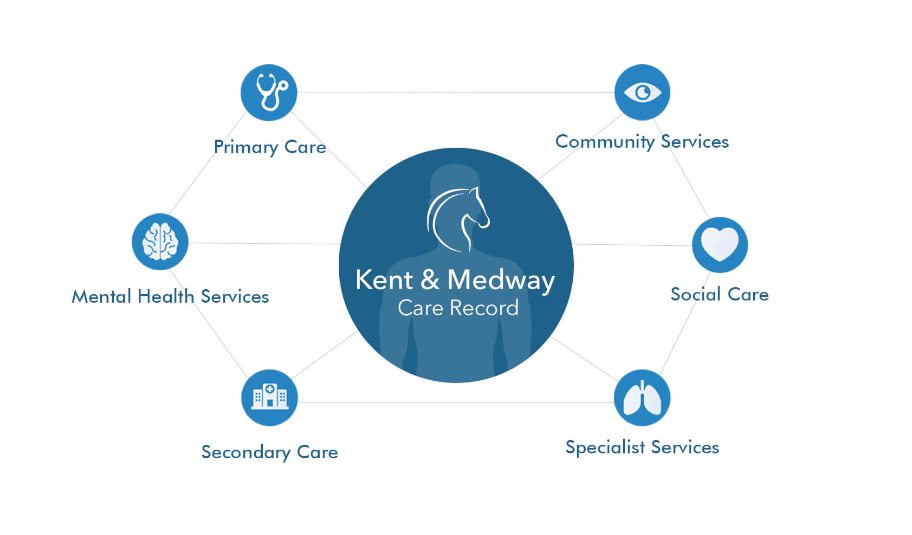Definitions and Examples
What is integrated care?
Integrated care has a lot of different, sometimes contradicting, but still all meaningful and equally important definitions. When researching the term, you will find a description somewhere along these lines:
The term “integrated care” refers to the set of services that are provided and coordinated between different health and social care providers. It is about offering a continuity of care and coordination which can take place across different settings, such as hospitals, community-based services, primary health care providers etc.
However, as already mentioned, there is no precise definition of integrated care – there are many variations of the term, given by different institutions, but due to its ever-changing, constantly evolving nature.
How integrated care is defined
The term “integrated care” may refer to a process (how a service is delivered), an outcome (what services are provided) or a philosophy (the values underlying the delivery of the service).
In particular, integrated care is commonly used to refer to the integration of health services – such as GPs, hospitals, mental health services – typically provided by the NHS, and social care – such as adult and children’s social services, also generally provided by the local authority.
There are also other integrated services that do not fit this model, such as those that are resourced by the voluntary sector and private healthcare services. It is important to distinguish between what is a service and how it is funded and overseen, for example, it could be privately provided and paid for yet still be integrated.
Another usage of the term integrated care often refers to the UK government’s and NHS England’s new vision for health and social care.
The different types of integrated care
There are a variety of different models of integrated care and if we can sum them up, we would be looking at three broad categories and models of integrated care which can be described as:
Integrated care in terms of service delivery
This is where medical, social, psychological, and nursing services are delivered on one site of care. An example of this would be a care home for the elderly who require care from all the different skill sets to provide a quality of life for the residents. This type of care is offered at different locations across the UK but is still provided by the NHS. A good example is an integrated children’s care unit, where services including paediatrics, neonatal care, maternal and child health nursing, social work, education and play therapies are co-located.
Integrated care in terms of financing
In this type of care, health and social services are financially integrated. This means that there is a shared budget for both types of service to work together. The government influences the funding allocation set aside for providing these services but does not provide them directly.
Integrated care in terms of measurements and reporting
This is where data collected for the health and social care needs are combined to give the authorities a better understanding of their populations’ health and wellbeing. This type of care falls within the remit of Public Health authorities, which include Health Protection agencies.
Integrated care systems in the NHS
Integrated care in the NHS is a new health delivery model that is designed to develop innovative ways of working in services that are being jointly delivered by two or more health and care professions. This involves a whole systems approach, it looks at the whole set up of a service from its development to its implementation and how it can be developed further. The main aim of integrated care is to integrate health and social care in the most effective way to ensure continuity of care for all service users and an improvement in clinical outcomes. It also aims to upskill professionals working in the sector, so that they will be able to provide better holistic care for their patients.
Currently, the UK government is coming up with a game plan to further integrate health and social care, through the implementation of integrated care systems that will create a bridge between the two, reducing the need for CCGs (Clinical Commissioning Groups).
Some of the changes that are planned include: the entirety of the UK to be covered by an ICS (Integrated Care System). This means that the NHS, local governments and other types of organisations and institutions will be tasked with the responsibility to help such systems develop; to support the sharing of important information between different organisations, which will greatly improve the current state of the health and social care system; to encourage a revision of the competitiveness in regard to service development and improvement; to tackles issues such as obesity through new requirements in terms of labelling and advertising certain ingredients that have a negative impact on health; and more.
At their core, all of the above-mentioned changes are strongly based on everything that integrated care is all about – a fluid and proactive coordination between health and social institutions with one end goal: to provide comprehensive and seamless solutions.
This where Cantium Business Solutions enters the picture.
As our name states, we operate in the business solutions industry, specifically providing insight-driven answers to your HR, IT or Finance problems. The sectors that we cover are education, the public sector, SME, emergency, and, of course – health.
Throughout the years, we’ve worked on a number of health- and social care-related challenges and have had the chance to facilitate projects between said organisations. We act as a bridge between the two, helping to navigate the complex landscape of health and social care.

Examples of integrated care: The Kent & Medway Care Record
The situation: What was the issue?
In Kent and Medway, all existing patient records were in separate possession of different (and many) health and social care providers. This automatically meant that in order for a clinical professional to perform a quality service, they would need to go through a series of processes to draw the required data, which could lead to time delays and potential complications that could affect the patients in terms of treatment, care transfers and even hospital discharge. There was also the question of little (or lack of) control of personal data by patients.
The solution: An integrated Shared Care Record
To share crucial medical information between Kent and Medway’s health and social care organisations, a commissioning group comprised of Kent and Medway CCGs, Kent County Council and Medway Council chose commissioned Cantium Business Solutions to deliver an integrated Shared Care Record. Our work on this project has taken us from business case and solution design through to full mobilisation across the county.
The results: Shared Care Record implementation and Cantium’s involvement
Cantium are now mobilising the Kent and Medway Care Record across health and social care providers in the county. Our project management team have joined together numerous health and social care organisations in Kent and Medway to participate into the KMCR, which is transforming how health and social care is delivered The Kent & Medway Care Record is due to be fully operational in April 2021.
For further details, we suggest checking out our case study, covering the project in further detail.
Get in touch today to discuss how Cantium can support the integration of your health or social care organisation. Call us on 03000 411 115 or send an email to info@cantium.solutions.

